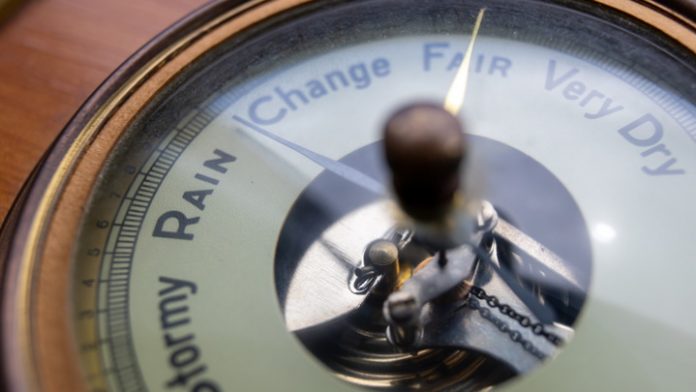According to the latest Long-Haul Travel Barometer from the European Travel Commission, there could be a positive shift in people’s attitudes to overseas travel in September-December 2020. It says long haul travel is slowly picking up in major tourism markets, but the confidence for trips to Europe stays low. There is some more optimism in the travel intention of Chinese, Brazilian and Russian respondents, while Japanese and U.S. respondents are the most pessimistic about taking trips abroad. The sentiment for Chinese travellers to visit European destinations falls to an all-time low.
The Long-Haul Travel Barometer is an initiative of the European Travel Commission and Eurail aimed at monitoring travel sentiment in some of the most relevant outbound travel markets for Europe – Brazil, China, Japan, Russia and the USA. It does not specifically cover medical or health tourism, but both tend to follow the patterns of general tourism.
The surveyed respondents in China, Brazil and Russia are optimistic about travelling long-haul in the last months of 2020. However, as European borders remain closed to travellers from these countries, the sentiment is negative towards Europe. This is especially evident for China, where the sentiment for visiting European destinations falls to an all-time low.
Japanese and U.S. respondents are the most pessimistic about overseas trips between September-December 2020. Consumers in these markets do not believe they will be able to visit Europe or other world regions for the remainder of the year.
The COVID-19 related health and safety measures, constantly evolving travel restrictions and flight cancellations play a key role in people’s desire to travel. The survey results uncover that the majority of respondents in Japan (83%), U.S. (61%) and Russia (52%) are not planning to travel until the end of 2020.
A significant share of those willing to travel to Europe in the next months has no concrete dates in mind for an actual trip. This indicates both eagerness to travel and uncertainty as to whether the situation will improve by the end of the year.
Travel-related costs are also among the major factors preventing people from travelling in the short-medium term. This is especially evident for Brazilian and Russian travellers.
The survey results are based on 1,000 interviews conducted in the five markets every four months.








 ©2024 All rights reserved LaingBuisson
©2024 All rights reserved LaingBuisson 


